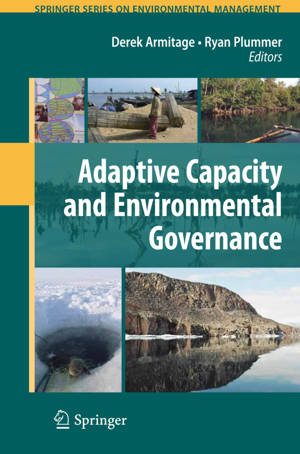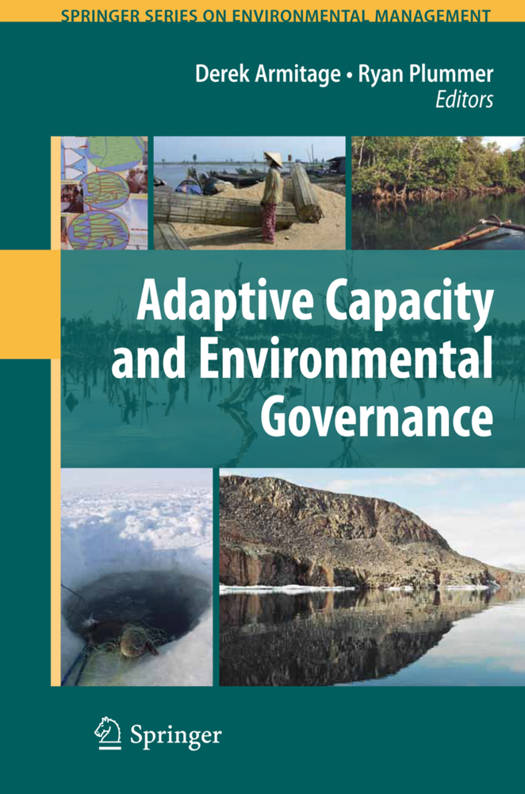
Bedankt voor het vertrouwen het afgelopen jaar! Om jou te bedanken bieden we GRATIS verzending (in België) aan op alles gedurende de hele maand januari.
- Afhalen na 1 uur in een winkel met voorraad
- In januari gratis thuislevering in België
- Ruim aanbod met 7 miljoen producten
Bedankt voor het vertrouwen het afgelopen jaar! Om jou te bedanken bieden we GRATIS verzending (in België) aan op alles gedurende de hele maand januari.
- Afhalen na 1 uur in een winkel met voorraad
- In januari gratis thuislevering in België
- Ruim aanbod met 7 miljoen producten
Zoeken
Adaptive Capacity and Environmental Governance
€ 223,95
+ 447 punten
Omschrijving
Rapid environmental change calls for individuals and societies with an ability to transform our interactions with each other and the ecosystems upon which we depend. Adaptive capacity - the ability of a social-ecological system (or the components of that system) to be robust to disturbances and capable of responding to changes - is increasingly recognized as a critical attribute of multi-level environmental governance. This unique volume offers the first interdisciplinary and integrative perspective on an emerging area of applied scholarship, with contributions from internationally recognized researchers and practitioners. It demonstrates how adaptive capacity makes environmental governance possible in complex social-ecological systems. Cutting-edge theoretical developments are explored and empirical case studies offered from a wide range of geographic settings and natural resource contexts, such as water, climate, fisheries and forestry. - Of interest to researchers, policymakers and resource managers seeking to navigate and understand social-ecological change in diverse geographic settings and resource contexts
Specificaties
Betrokkenen
- Uitgeverij:
Inhoud
- Aantal bladzijden:
- 307
- Taal:
- Engels
- Reeks:
Eigenschappen
- Productcode (EAN):
- 9783642121937
- Verschijningsdatum:
- 27/06/2010
- Uitvoering:
- Hardcover
- Formaat:
- Genaaid
- Afmetingen:
- 160 mm x 234 mm
- Gewicht:
- 544 g

Alleen bij Standaard Boekhandel
+ 447 punten op je klantenkaart van Standaard Boekhandel
Beoordelingen
We publiceren alleen reviews die voldoen aan de voorwaarden voor reviews. Bekijk onze voorwaarden voor reviews.








